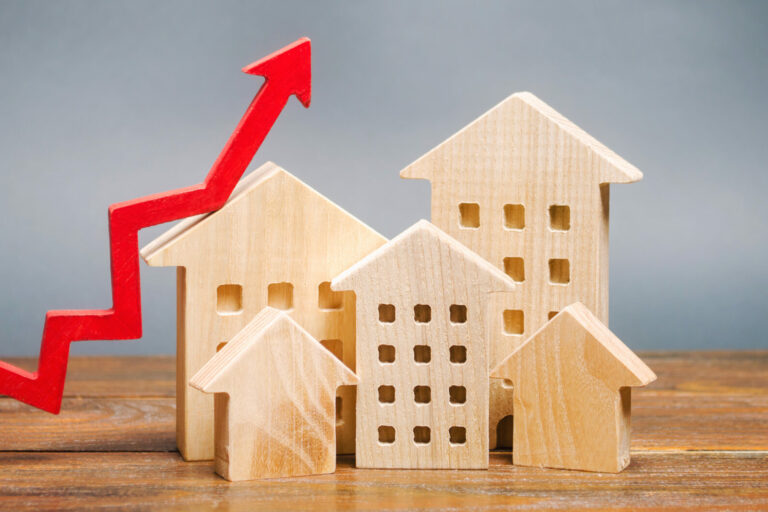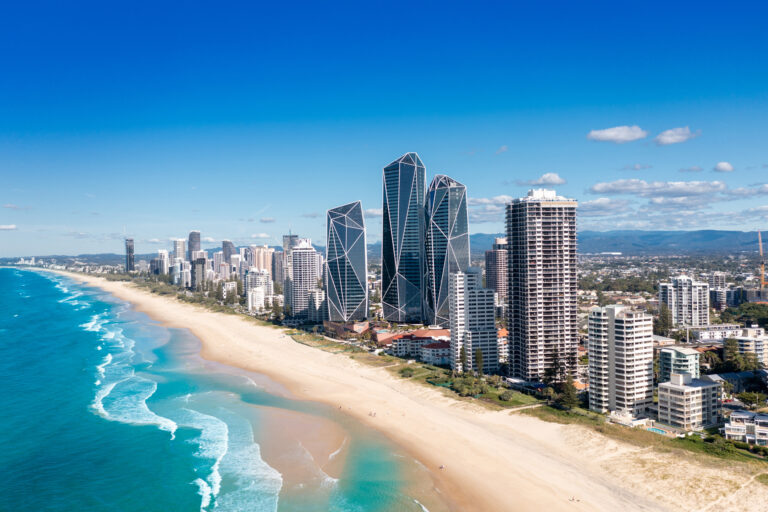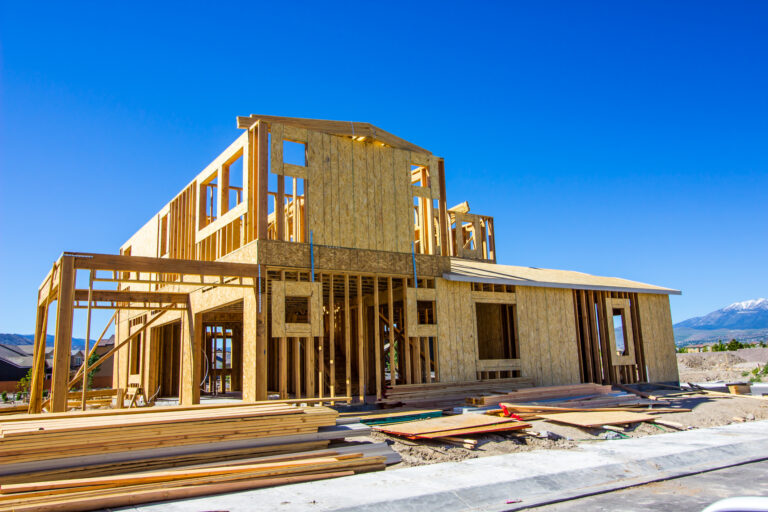This Week in Real Estate – 30th June 2023

GC To Hospital Contract
The new Gold Coast Hospital has moved a step closer to reality with the contract for stage one awarded.
Multiplex Constructions won the tender to lead the design stage of the hospital which will be built at Coomera.
Once complete, by the second half of 2027, the $1.3 billion hospital will deliver 404 new beds.
There will be operating theatres, along with surgical, medical, ambulatory, sub-acute, and mental health inpatient beds.
It will include an emergency department, intensive care, and coronary care unit as well as a special care nursery.
Preparatory works have already started on the site with early works on the hospital expected to begin later this year.
The State Government has committed $2.1 billion in health spending on the Gold Coast.
Other projects include the Gold Coast University Hospital sub-acute expansion, Gold Coast Secure Mental Health Rehabilitation Unit which will have 40 beds and the Tugun Satellite Hospital.
Robina Hospital will also be expanded to offer an additional 134 beds.
GC Property Prices Double
Property prices on the Gold Coast have doubled in some suburbs within four to six years, according to new analysis.
Strong demand and limited stock has helped drive up the values, despite rising interest rates, according to PropTrack data.
It shows house prices grew at twice the pace of unit prices, as buyers sought out properties offering a good lifestyle and space.
Beachside and hinterland suburbs achieved the most significant growth.
Houses in Tallebudgera Valley doubled in value in the four years to March 2023.
It took six years for values to double in Burleigh Waters, Mount Nathan, Palm Beach, Worongary, Miami, Bilinga, Mermaid Waters and Wongawallan.
In the unit market, Palm Beach values doubled in seven years, while in Tugun it took eight years.
PropTrack director of economic research Cameron Kusher says while nationally prices have increased by about 32% since the start of the pandemic in early 2020, parts of Southeast Queensland and particularly the Gold Coast had performed even better.
Quote Of The Week
“There’s a lot of factors that support growing demand for apartments. But at the same time, our development pipeline is starting to slow particularly for apartments – so you know that would imply we’re going to see that gap start to close over the coming year or so.”
Anne Flaherty, PropTrack Economist
Auction Market Continues To Fire
The auction market is continuing to fire, chalking up an eighth consecutive week of national clearance rates above 70%.
According to CoreLogic results, 73.8% of homes taken to auction last week sold with Adelaide once again achieving the highest clearance rate (79.7%).
Sydney was next with a clearance rate of 78.7%, Canberra, 72%, Melbourne, 70.1%, and Brisbane, 67.5%.
Auction activity across the smaller capital cities remains steady, with an increase in the number of properties offered for auction in the past week.
While Adelaide may continue to achieve the highest clearance rates, Brisbane continues to have the highest number of properties offered for auction among the smaller capitals.
The strong sales results keep coming despite the RBA continuing to increase interest rates to ease inflation.
A lack of listings and increase in demand throughout the market has resulted in further price growth with the combined capital cities achieving median price growth of 3.4% in the past quarter.
House And Unit Gap Closing
The price gap between houses and units is tipped to close further as lack of stock drives up prices.
Before the pandemic, the Australian median house price was 11.5% higher than the median unit price.
During the pandemic, the rush of buyers to larger lifestyle properties pushed that gap even further apart to 29.5%.
Now with shortages in both houses and units, PropTrack economist Anne Flaherty tips the gap will close substantially in the coming years and has already started in some markets.
“There’s a lot of factors that support growing demand for apartments. But at the same time, our development pipeline is starting to slow particularly for apartments – so you know that would imply we’re going to see that gap start to close over the coming year or so,” she says.
“So, what we’re going to see is those apartment prices which didn’t show that much movement in a lot of markets for quite a long time, are going to start to increase.”
Prices Won’t Crash With Economy
Owners and investors need not fear their properties will lose value if the Australian economy tips into recession.
History shows even a recession won’t result in massive drops in value.
At the peak of the 1993 Recession and the 2007-2009 Global Financial Crisis, property prices only dropped by 10%.
Consecutive interest rate rises have done nothing to dampen enthusiasm from buyers, with many actively looking for homes, with a lack of supply driving up prices.
AMP Capital chief economist Shane Oliver says there is little evidence to suggest a property price crash is looming if there is an economic downturn in Australia.
“It is quite normal to see prices come down,“ he says.
“(But) There’s not much evidence of a crash unless you go back to the 1930s. That was, I guess, an extraordinary downturn and combination of events. But in the post-war period, there’s no evidence of a crash in property prices just because you have an economic downturn or recession.”





